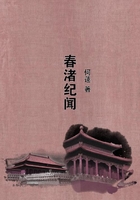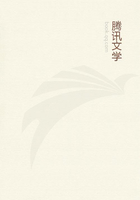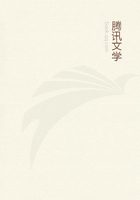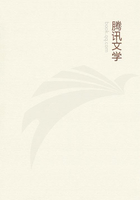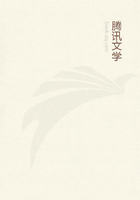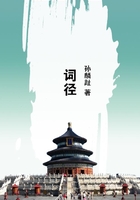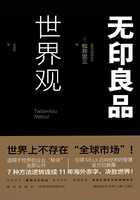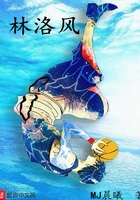On the other hand, the further question arises: What driving forces in turn stand behind these motives? What are the historical forces which transform themselves into these motives in the brains of the actors?
The old materialism never put this question to itself. Its conception of history, in so far as it has one at all, is therefore essentially pragmatic; it divides men who act in history into noble and ignoble and then finds that as a rule the noble are defrauded and the ignoble are victorious. hence, it follows for the old materialism that nothing very edifying is to be got from the study of history, and for us that in the realm of history the old materialism becomes untrue to itself because it takes the ideal driving forces which operate there as ultimate causes, instead of investigating what is behind them, what are the driving forces of these driving forces.
This inconsistency does not lie in the fact that ideal driving forces are recognized, but in the investigation not being carried further back behind these into their motive causes. On the other hand, the philosophy of history, particularly as represented by Hegel, recognizes that the ostensible and also the really operating motives of men who act in history are by no means the ultimate causes of historical events; that behind these motives are other motive powers, which have to be discovered. But it does not seek these powers in history itself, it imports them rather from outside, from philosophical ideology, into history. Hegel, for example, instead of explaining the history of ancient Greece out of its own inner interconnections, simply maintains that it is nothing more than the working out of "forms of beautiful individuality", the realization of a "work of art" as such. He says much in this connection about the old Greeks that is fine and profound, but that does not prevent us today from refusing to be put off with such an explanation, which is a mere manner of speech.
When, therefore, it is a question of investigating the driving powers which -- consciously or unconsciously, and indeed very often unconsciously -- lie behind the motives of men who act in history and which constitute the real ultimate driving forces of history, then it is not a question so much of the motives of single individuals, however eminent, as of those motives which set in motion great masses, whole people, and again whole classes of the people in each people; and this, too, not merely for an instant, like the transient flaring up of a straw-fire which quickly dies down, but as a lasting action resulting in a great historical transformation.
To ascertain the driving causes which here in the minds of acting masses and their leaders -- to so-called great men -- are reflected as conscious motives, clearly or unclearly, directly or in an ideological, even glorified, form -- is the only path which can put us on the track of the laws holding sway both in history as a whole, and at particular periods and in particular lands. Everything which sets men in motion must go through their minds; but what form it will take in the mind will depend very much upon the circumstances.
The workers have by no means become reconciled to capitalist machine industry, even though they no longer simply break the machines to pieces, as they still did in 1848 on the Rhine.
But while in all earlier periods the investigation of these driving causes of history was almost impossible -- on account of the complicated and concealed interconnections between them and their effects -- our present period has so far simplified these interconnections that the riddle could be solved. Since the establishment of large-scale industry -- that is, at least since the European peace of 1815 -- it has been no longer a secret to any man in England that the whole political struggle there pivoted on the claims to supremacy of two classes: the landed aristocracy and the bourgeoisie (middle class). In France, with the return of the Bourbons, the same fact was perceived, the historians of the Restoration period, from Thierry to Guisot, Mignet, and Thiers, speak of it everywhere as the key to the understanding of all French history since the Middle Ages. And since 1830, the working class, the proletariat, has been recognized in both countries as a third competitor for power. Conditions had become so simplified that one would have had to close one's eyes deliberately not to see in the light of these three great classes and in the conflict of their interests the driving force of modern history -- at least in the two most advanced countries.
But how did these classes come into existence? If it was possible at first glance still to ascribe the origin of the great, formerly feudal landed property -- at least in the first instance -- to political causes, to taking possession by force, this could not be done in regard to the bourgeoise and the proletariat. Here, the origin and development of two great classes was seen to lie clearly and palpably in purely economic causes.

